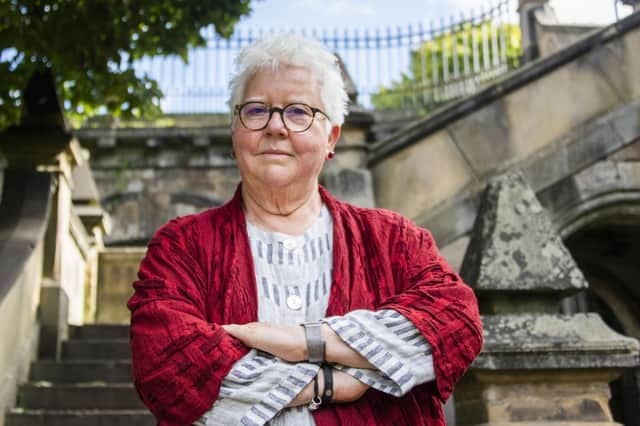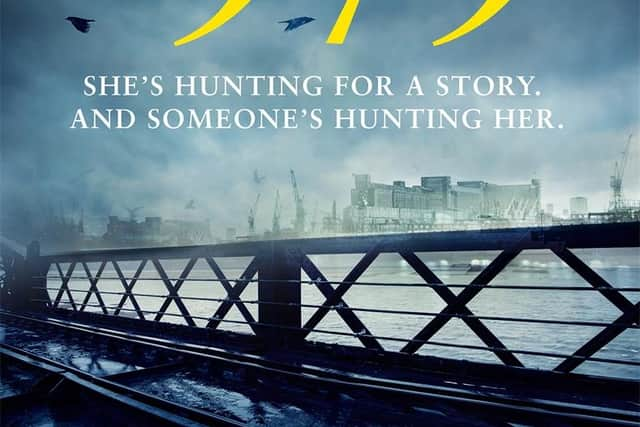Book review: 1979 by Val McDermid


Val McDermid’s take on the year 1979 begins with the birth of a baby on a snowbound train between Edinburgh and Glasgow. It’s an exclusive for young reporter Allie Burns, who happens to be on board, though she takes it on with a certain amount of reluctance: as one of very few women in the newsroom of a fictional Glasgow tabloid, she already gets every “miracle baby” story going.
Burns, though, is determined to lose the baby beat. Clever and with plenty of moxy, she has read Tom Wolfe and Joan Didion, and she knows that if she’s to get on she must beat the men at their own game.
Advertisement
Hide AdSoon she’s working with fellow reporter Danny Sullivan on a tax fraud scandal involving some of Scotland’s seediest businessmen. Her next big scoop takes her to the SNP, portrayed as an earnest fringe pressure group arguing about what it really wants in the approach to the 1979 referendum. Burns, however, unearths a trio of hotheads who have ambitions to spice up the independence debate with a spot of violence.


McDermid’s 35th book is the first in a series of five tracking Burns through five decades of journalism. In the first instalment, she draws on her own experience as a young reporter in Glasgow in the late 1970s, a world of of clattering typewriters and cigarette smoke, not to mention rampant sexism, racism and homophobia.
Her evocation of the Winter of Discontent is spare and skilful, never overloading the book with period detail. She adds references like bright brush strokes – lorry driver strikes, Jim Callaghan, The Rockford Files – creating a world which feels real but allowing the characters, not the period, to take centre stage.
1979 is more a chronicle of the times, and of the newspaper world, than it is a crime novel. While crimes are being committed, the pace and tension comes from the two young reporters winging it from scoop to scoop, rather than any sense that their work puts them in serious danger. Similarly, it’s hard to believe the trio of tartan terrorists plotting over pizza in the Spaghetti House are capable of real violence. The more interesting question is about complicity: if it weren’t for the egging-on of the undercover reporter, would their operation have got off the ground at all?
Although this fascinating aside isn’t fully explored, McDermid nails with precision the world she is writing about: the newsroom worthies, each protecting his own fiefdom; the rough diamond news editor; the smell of fried food and cigarette smoke. And she nails the contradictory world of tabloid journalism, on the one hand, seemingly ruthless and without scruples and, on the other, driven by a high-minded morality hell bent on speaking truth to power. It’s hard not to feel just a little nostalgic for its passing.
1979, by Val McDermid, Little, Brown, £20. Val McDermid is appearing at the Edinburgh International Book Festival on 19 August, www.edbookfest.co.uk
A message from the Editor:
Advertisement
Hide AdThank you for reading this article. We're more reliant on your support than ever as the shift in consumer habits brought about by coronavirus impacts our advertisers.
If you haven't already, please consider supporting our trusted, fact-checked journalism by taking out a digital subscription at https://www.scotsman.com/subscriptions